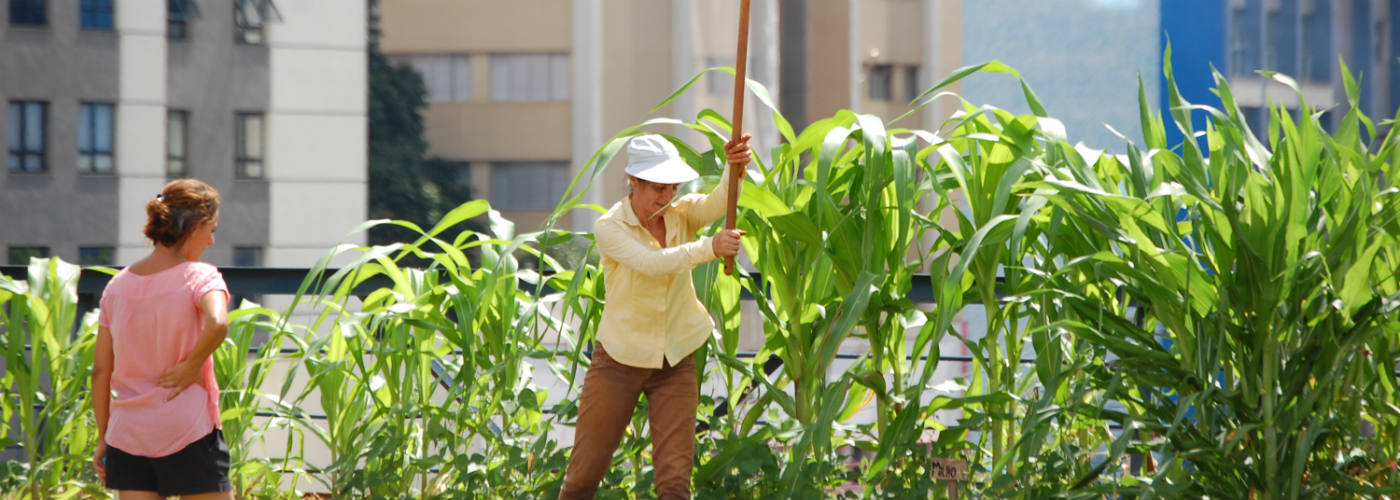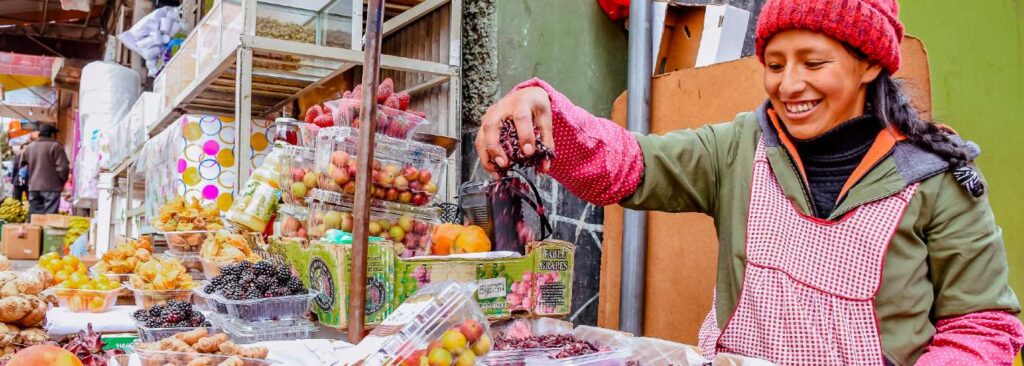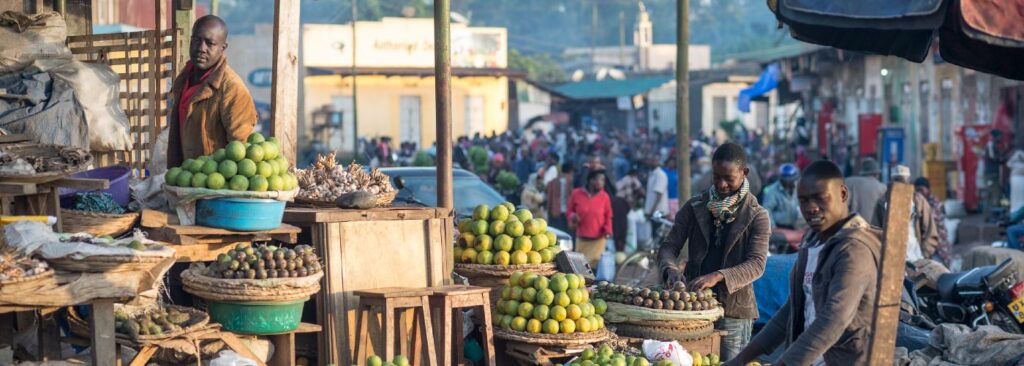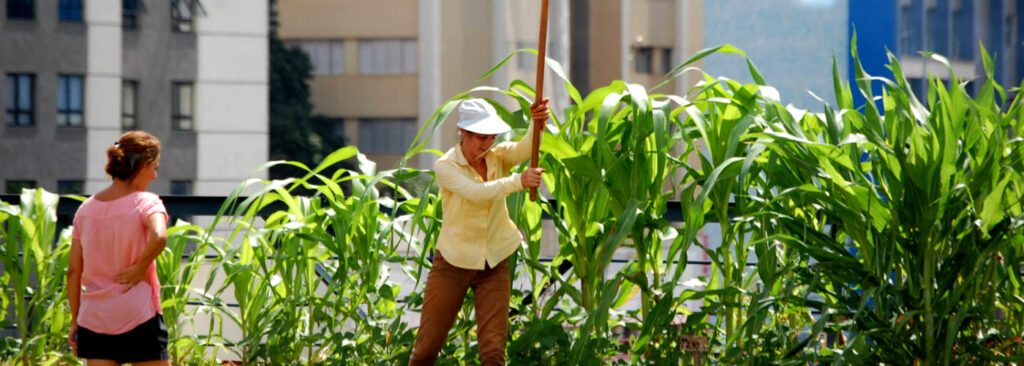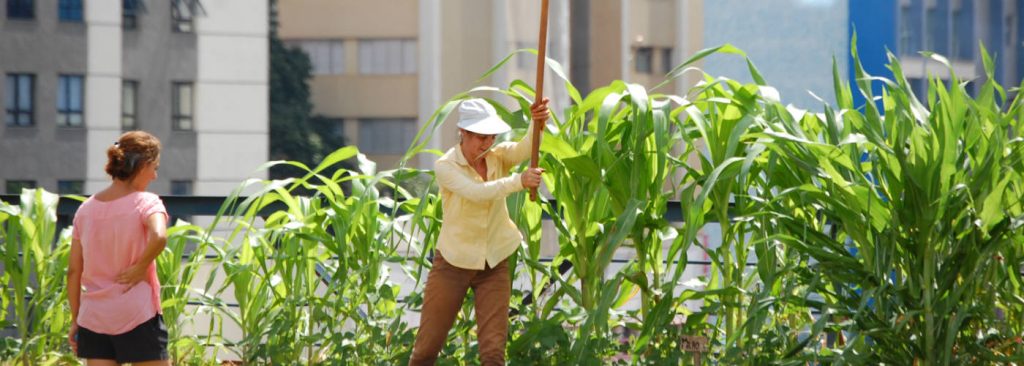The RUAF Global Partnership on Urban Agriculture and Food Systems works to transform urban agriculture and food systems in cities around the world by reducing urban poverty, enhancing urban food security, and improving urban environmental management.
Why urban food security is so important
The world produces more food than ever before, yet dietary diversity is declining and food insecurity is on the rise. Cities can play a crucial role in political stability, sustainable economic development and ecological security. And urbanization is driving rapid transformation of food systems and food security. But cities’ dependence on outside food sources means their food systems are at risk from increasing scarcity of natural resources to feed a growing world and the effects of climate change.
Urban food security is also an effective entry point to improve a city’s resilience. It directly impacts other urban domains such as transport, health, land use, waste management, climate change adaptation, and disaster risk reduction.
How we develop sustainable food systems together
RUAF develops sustainable and resilient (peri-) urban agriculture and city region food systems by creating and sharing knowledge, expertise, and good practices; providing policy advice, and building capacity within governments and other organizations. On May 1, 2019, Hivos became the host of the Secretariat of RUAF’s Global Partnership on Sustainable Urban Agriculture and Food Systems. Both are combining their experience and strengths to build sustainable city region food systems together.
Where
Cities all over the world.

